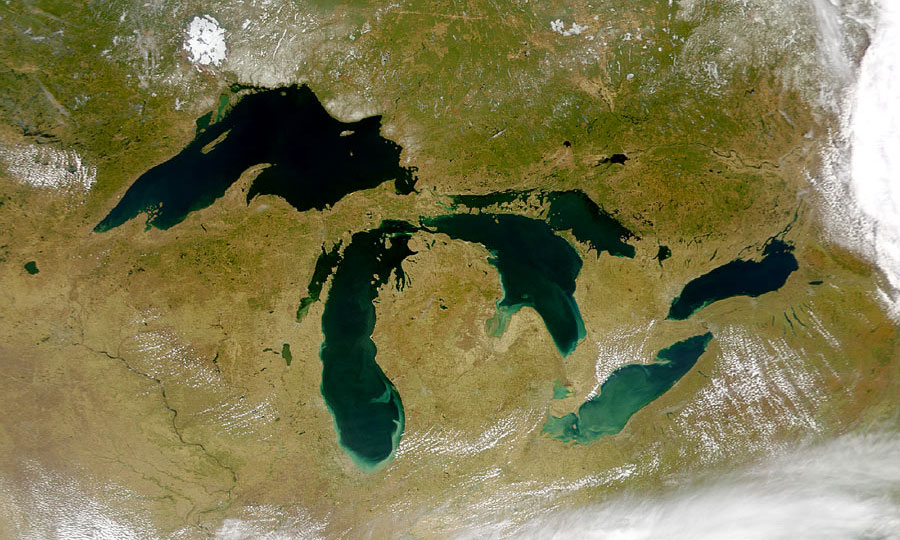The Great Lakes Regional Pollution Prevention Roundtable (GLRPPR) has developed a Topic Hub on Sustainable School Design that addresses many areas, including: indoor air quality; energy consumption and options; construction materials; education materials; water use; waste management; transportation; community interaction; landscaping and the building envelope. It draws upon the myriad resources available to school administrators, school boards, and community planners with the hope that these tools will guide the design of more optimally sustainable schools. The Topic Hub deals with the big issues of construction and retrofitting, siting and commissioning, and actual design of new and remodeled schools. Pollution prevention opportunities and alternative technologies that include lighting, acoustics, air quality, and well-being needs for students and school staff for a healthy and safe learning environment, are presented. Case studies and a glossary of terms are also provided, as well as a “Curricula” section that focuses on teacher training, classroom curricula for grades K-12, college and graduate level programs, community outreach, student-led community projects, and administrator education related to sustainable development and building design.
New resources are continuously added to the Hub’s “Complete List of Links.” If you would like to suggest links for the hub or have other comments, please contact Joy Scrogum.
See the main Topic Hub menu on the GLRPPR web site for other Hubs maintained by GLRPPR and other Pollution Prevention Resource Exchange (P2Rx) centers.
